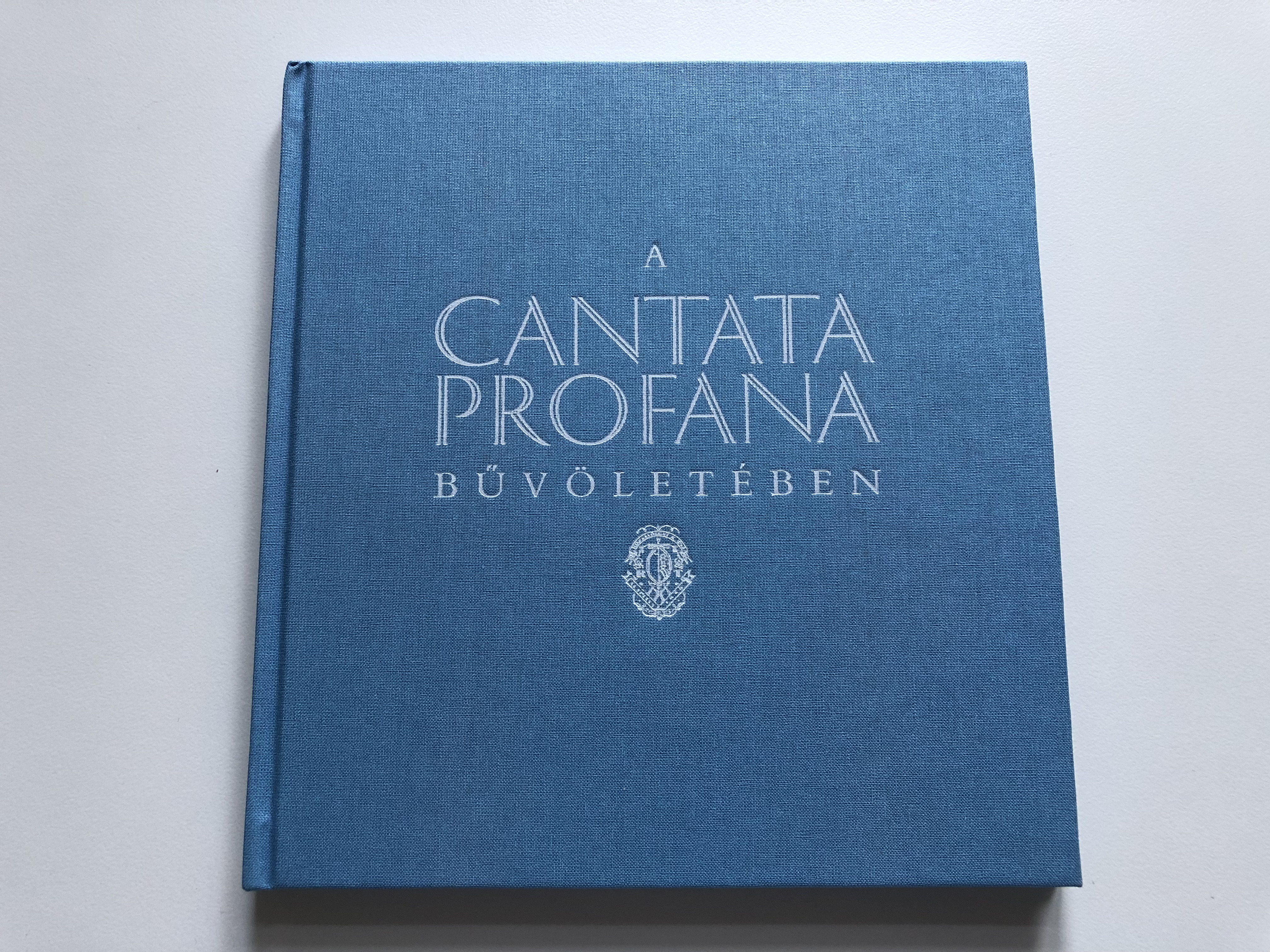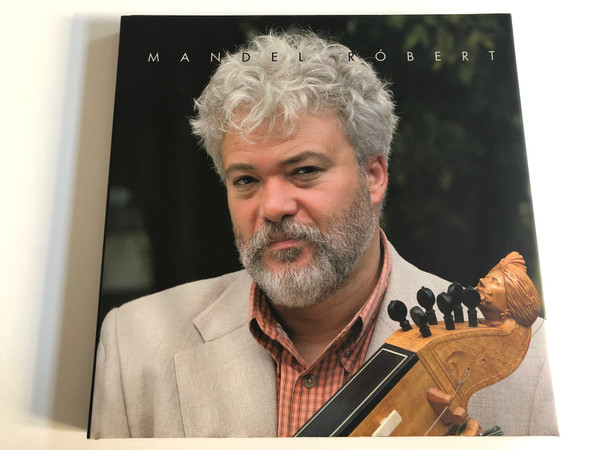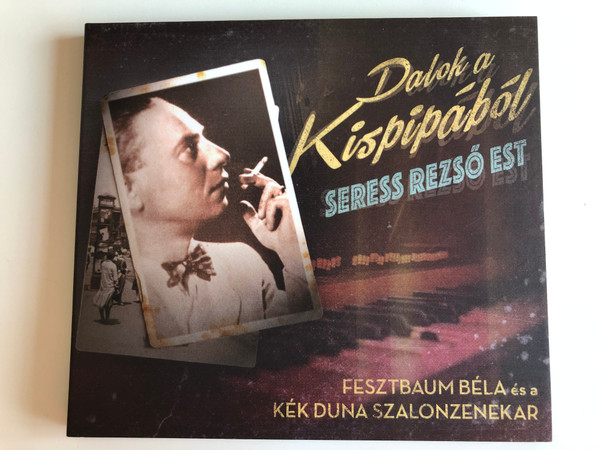Description
A Cantata profana bűvöletében – Reviczky Béla
Termékadatok | Product Details
- Cím | Title: A Cantata profana bűvöletében
- Szerző | Author: Reviczky Béla
- Illusztrátor | Illustrator: Dóra Hajós
- Megjelenés éve | Publication Year: 2006
- Kiadó | Publisher: Rózsavölgyi és Társa
- ISBN: 9789638700742 / 978-9638700742
- ISBN-10: 9638700742
- Oldalszám | Pages: 48
- Kötés | Format: Keménytáblás | Hardcover
- Melléklet | Supplement: Audio CD
- Nyelv | Language: Magyar | Hungarian
- Kategória | Category: Zenei életrajz, Klasszikus zene | Music Biography, Classical Music
Könyvajánló | Overview
A Cantata profana bűvöletében egy különleges tisztelgés Bartók Béla, a világhírű magyar zeneszerző előtt. Reviczky Béla műve nemcsak Bartók egyik legismertebb kompozícióját, a Cantata Profana-t elemzi, hanem betekintést nyújt a zeneszerző életébe, művészi filozófiájába és inspirációiba.
A könyv Dóra Hajós illusztrációival gazdagítva eleveníti meg Bartók zenei világát, míg az audio CD-melléklet autentikus hallgatási élményt nyújt az olvasók számára. A kiadvány kiváló választás a klasszikus zene szerelmeseinek, zenetörténészeknek és Bartók-rajongóknak.
A Cantata profana bűvöletében is a unique tribute to Béla Bartók, the world-famous Hungarian composer. Reviczky Béla not only analyzes one of Bartók’s most renowned compositions, Cantata Profana, but also provides insights into the composer’s life, artistic philosophy, and inspirations.
The book is beautifully illustrated by Dóra Hajós, bringing Bartók’s musical world to life. Additionally, the included audio CD provides an authentic listening experience, making this edition a must-have for classical music enthusiasts, musicologists, and Bartók admirers.
Főbb Jellemzők | Key Features
Illusztrált kiadás – Dóra Hajós művészi rajzaival.
Audio CD-melléklet – A Bartók-művek élményszerű hallgatásához.
Zenei elemzés – A Cantata Profana részletes bemutatása.
Klasszikus zenei kultúra – Bartók Béla hatása és öröksége.
Illustrated edition – Featuring artwork by Dóra Hajós.
Includes an audio CD – Enhancing the listening experience of Bartók’s works.
Musical analysis – A detailed examination of Cantata Profana.
Classical music culture – The influence and legacy of Béla Bartók.
Kinek ajánlott? | Recommended for
Zenerajongóknak – Akik szeretnék mélyebben megérteni Bartók zenéjét.
Zenetudósoknak – Akik elemző szemmel vizsgálják a klasszikus műveket.
Művészetkedvelőknek – Akik érdeklődnek Bartók életműve és inspirációi iránt.
For music lovers – Those who want to gain a deeper understanding of Bartók’s music.
For musicologists – Researchers analyzing classical compositions.
For art enthusiasts – Readers interested in Bartók’s life and inspirations.
A szerzőről | About the Author
Reviczky Béla neves zenetudós és író, akinek kutatásai a klasszikus zene és a magyar zeneszerzők munkásságára fókuszálnak.
Reviczky Béla is a renowned musicologist and writer whose research focuses on classical music and the works of Hungarian composers.
A kiadóról | About the Publisher
Rózsavölgyi és Társa egy elismert magyar zenei kiadó, amely klasszikus zenei könyvekre, kottákra és elemzésekre specializálódott.
Rózsavölgyi és Társa is a prestigious Hungarian music publisher specializing in classical music books, scores, and analyses.
Ossza meg véleményét! | Share Your Thoughts!
Ön már olvasta ezt a könyvet? Írja meg tapasztalatait, hogy mások is felfedezhessék ezt a különleges kiadványt!
Have you read this book? Share your thoughts so others can discover this unique edition!
Hashtagek | Hashtags
#BartókBéla #CantataProfana #KlasszikusZene #MagyarZenetörténet #ZeneiElemzés #ReviczkyBéla #ZeneiKönyv #HungarianMusic #ClassicalMusic #MusicAnalysis
































.JPG)
.JPG)










